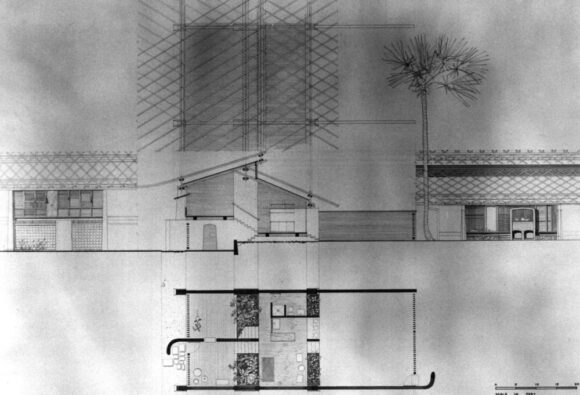I spoke to a great audience of mainly urban design and planning PhD students from Jorge Almazan’s Studiolab at Keio University a few weeks back. Jorge and his students as well as Joe McReynolds wrote the fantastic Emergent Tokyo and really succeeded at describing what makes Tokyo’s urbanization path so fascinating. I shared my recent Cities article on the postwar historical roots of the model and presented its findings in a 30-minute presentation, followed by a lively Q&A.
 A lot of people are talking about Emergent Tokyo: Designing the Spontaneous City, a book that came out last year and which I was finally able to read. It is a great resource for all of us interested in describing that elusive “charge” of Japan’s capital. Few have been as successful in this task as the authors. While there are a lot of (generally very favorable) reviews out there already, I have jotted down some of my thoughts
A lot of people are talking about Emergent Tokyo: Designing the Spontaneous City, a book that came out last year and which I was finally able to read. It is a great resource for all of us interested in describing that elusive “charge” of Japan’s capital. Few have been as successful in this task as the authors. While there are a lot of (generally very favorable) reviews out there already, I have jotted down some of my thoughts 
